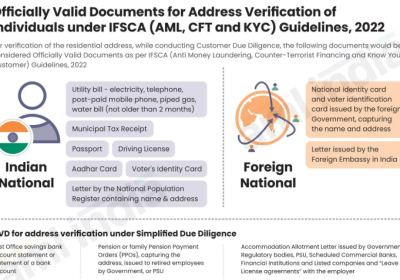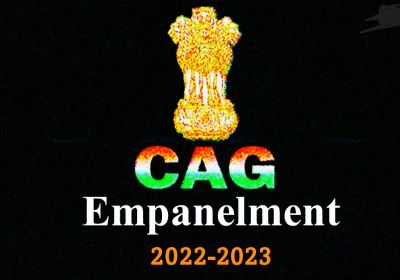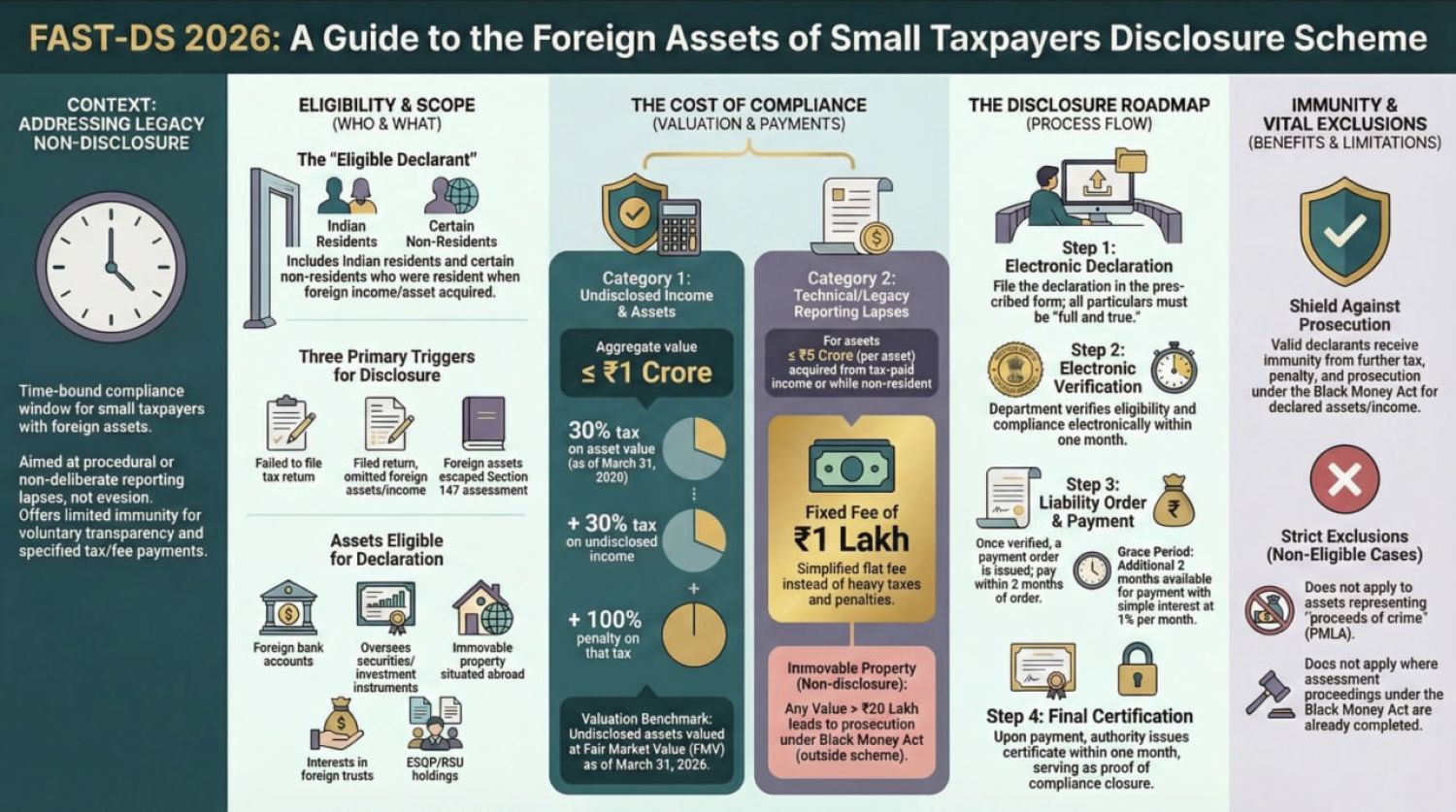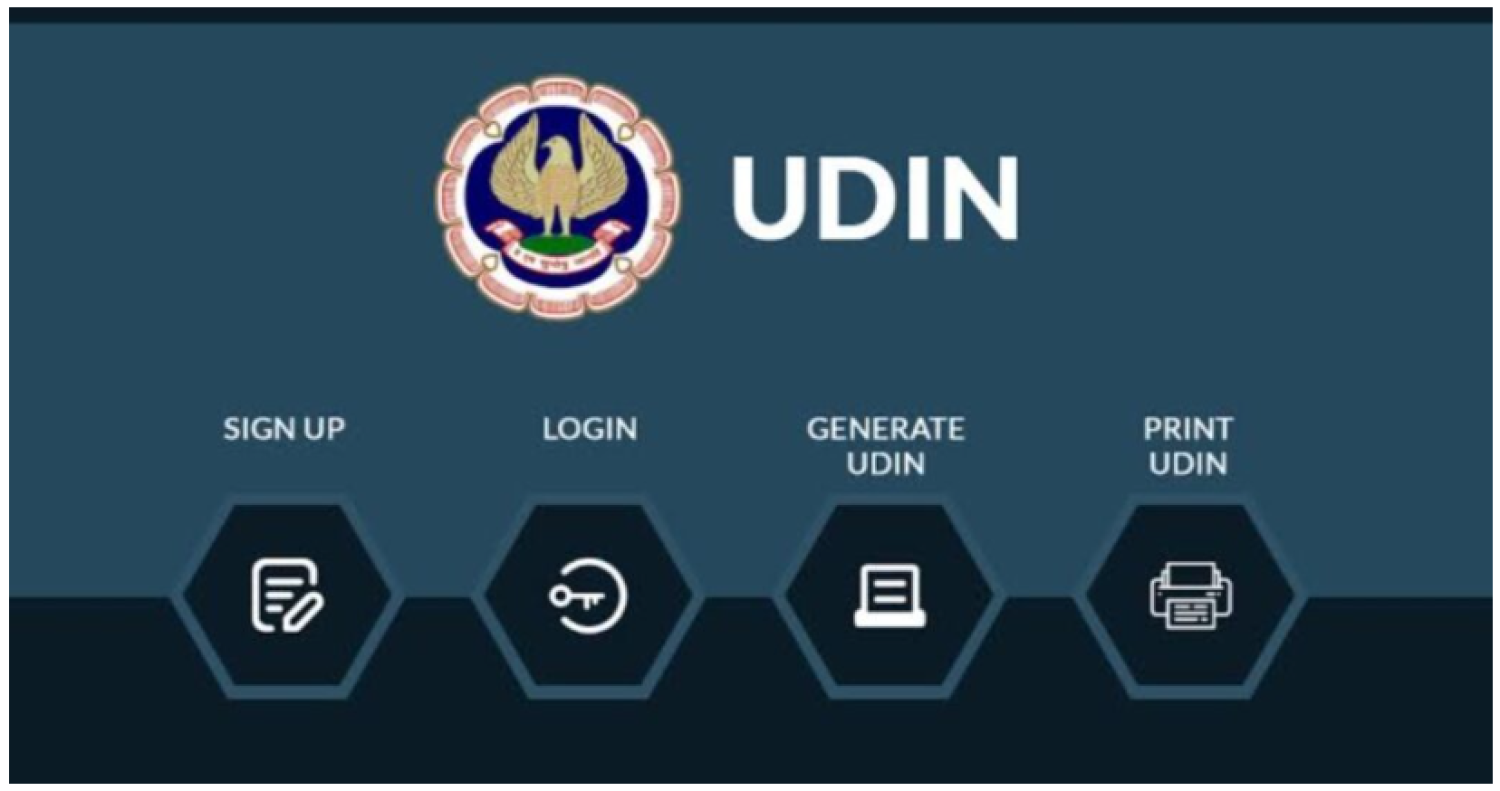
Money laundering is the process by which large amounts of illegally obtained is given the appearance of having originated from a legitimate source. So basically, all the ways to convert black money into white money are Money laundering. But in Money laundering, the black money must involve a predicate crime.
The offence of 'Money Laundering' is defined under Section 3 of the PMLA
Whosoever directly or indirectly, attempts to indulge, or knowingly assists, or knowingly is party, or is actually involved in any process, or activity connected, with the Proceeds of Crime, including its :
- Concealment,
- Possession,
- Acquisition or use; and
- Projecting or Claiming it as Untainted Property
AGENCY ADMINISTERS THE PMLA 2002
There is a specialised investigative body for the investigation of these offences. The Directorate of Enforcement in the Department of Revenue, Ministry of Finance is responsible for investigating the offences of money laundering under the PMLA. Investigation usually begins with the registration of an Enforcement Case Information Report (also known as ECIR) which sets the investigation into motion.
This authority is empowered to carry out interim measures such as survey, search, seizure and arrest of the accused. Similarly, if an asset is found to be the proceeds of crime, the same can be confiscated and appropriated by the Government.
TIME LIMIT FOR PROVISIONAL ATTACHED PROPERTY
If any person is in possession of any Proceeds of Crime, the authorities attach properties suspected to be involved in Money Laundering. reasons to be recorded in writing. the authority may by order in writing, provisionally attach such property for a period not exceeding 180 days from the date of order
After provisional attachment, the Director or any other officer has to file a complaint stating the facts of such attachment before the Adjudicating Authority, within a period of thirty days from such attachment.
SHOW CAUSE NOTICE
It has been provided in the Act that before recording the finding that all or any of the properties are involved in money laundering, the Adjudicating Authority has to issue a show-cause notice of not less than thirty days to the aggrieved person. The aggrieved person at this stage can submit his reply and attend the hearing before the Adjudicating Authority to present his defence
ACTIONS CAN BE TAKEN AGAINST THE PERSONS INVOLVED IN MONEY LAUNDERING
Attachment of property, seizure/ freezing of property and records. The property also includes property of any kind used in the commission of an offence under PMLA, 2002 or any of the scheduled offences.
(b) Persons found guilty of an offence of Money Laundering are punishable with imprisonment for a term which shall not be less than three years but may extend up to seven years and shall also be liable to fine
(c) When the scheduled offence committed is under the Narcotics and Psychotropic substances Act, 1985 the punishment shall be imprisonment for a term which shall not be less than three years but which may extend up to ten years and shall also be liable to fine.
INVESTIGATING OFFICERS POWERS:-
- to provisionally attach any property derived or obtained, directly or indirectly, by any person as a result of criminal activity relating to a scheduled offence or the value of any such property
- to conduct a survey of a place
- to conduct a search of building, place, vessel, vehicle or aircraft & seize/freeze records & property
- to conduct a personal search
- to arrest persons accused of committing the offence of Money Laundering
- to summon and record the statements of persons concerned.
APPEAL AGAINST ORDER
Any person aggrieved by any decision or order of the Appellate Tribunal may file an appeal to the High Court within 60 days from the date of communication of the decision or order of the Appellate Tribunal to him on any question of law or fact arising out of such order. Thus appeal can be filed before High Court on any question of law or fact. High Court may if it is satisfied that the appellant was prevented by sufficient cause from filing the appeal within the said period, allow it to be filed within a further period not exceeding sixty days.
REPORTING ENTITY
“Reporting Entity” means a banking company, financial institution, intermediary or a person carrying on a designated business or profession.
The obligation of banking companies, Financial Institutions and Intermediaries:
Banking companies have to follow the procedure of KYC Norms (Know your customer)
Maintain records for-
- Nature and value of the transaction to be transacted.
- Whether such transaction was singly transacted or series of transactions take place in a month.
Maintain record for a period of 5 years from the date of cessation of the transaction between the clients and the banking company or financial institution or intermediary as the case may be.
Furnish information of the above transaction to the director within the prescribed time.
Verify and maintain the records of the identity of all clients in respect of such transactions to the Director within the prescribed time.
Penalties on reporting entities
Monetary penalties can be imposed on defaulting reporting entity or its designated director on the Board or any of its employees, which shall not be less than ten thousand rupees but may extend to one lakh rupees for each failure
CONTRACTING STATE
“Contracting State” means any country or place outside India in respect of which arrangements have been made by the Central Government with the Government of such country through a treaty or otherwise.
OBTAIN EVIDENCE FROM CONTRACTING STATE
An application is to be made to a Special Court by the Investigating Officer or any officer superior in rank to the Investigating Officer and the Special Court, on being satisfied, may issue a Letter of Request to a court or an authority in the contracting State competent to deal with such request to-
- examine facts and circumstances of the case,
- take such steps as the Special Court may specify in such letter of request, and
- forward all the evidence is so taken or collected to the Special Court issuing such letter of request.
The properties involved in money laundering located in India, where the offence of money laundering has been committed outside India, can be ordered to be confiscated by the Special Court.
Any person willfully and maliciously giving false information and so causing an arrest or a search to be made under this Act shall, on conviction, be liable for imprisonment for a term which may extend to 2 years or with a fine which may extend to 50000 rupees or both.
OVER-RIDING EFFECT
The provisions of PMLA, 2002 have an overriding effect, notwithstanding anything inconsistent therewith contained in any other law for the time being in force.

















